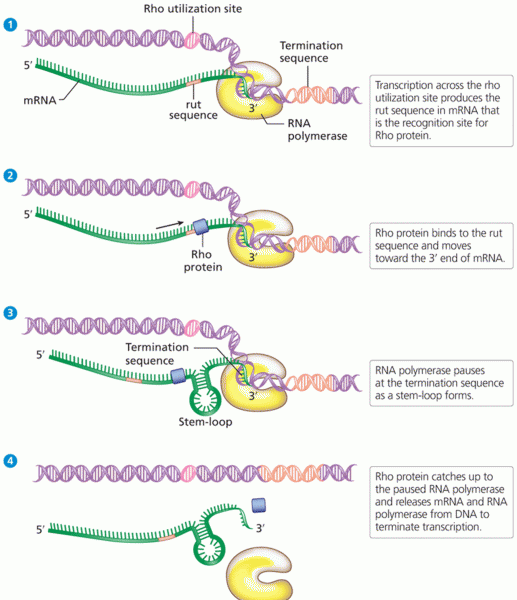Answer to Question 1Answer:
Mood dependent memories are memories that are influenced by our moods. That is, mood may serve as a retrieval cue, making it easier to retrieve memories when we are in the same mood as we were when the memories were first stored. If I remember a particular research talk when I was in a good mood, I'm more likely to remember that research talk when I am in a similarly good mood.
Answer to Question 2Answer:
Answers might include a variety of approaches, but key concepts should include:
1) The two modes of social thought work tougher when:
2) affective responses which are automatic impact how our controlled processes consider information.
3) Mood dependent memory
4) Mood congruence
5) when the limbic system and prefrontal cortex are both active there is likely processing occurring that is both automatic and controlled (e.g., unfair division of resources).
6) Automatic processing might operate relatively independently
7) through priming effects

through mood effects in which we are unaware of the impact of these factors on our behaviors.
9) under stress or cognitive load
10) when we are presented with too many choices information overload
11) Systematic processing might operate relatively independently when we have a decision to make that requires rational thought, we have adequate motivation, and cognitive load is low.
12) These various possibilities would be best explored using MRI techniques to determine when the limbic system is active and when the prefrontal cortex is active to determine which type of processing might be applicable or when the two might co-occur.







